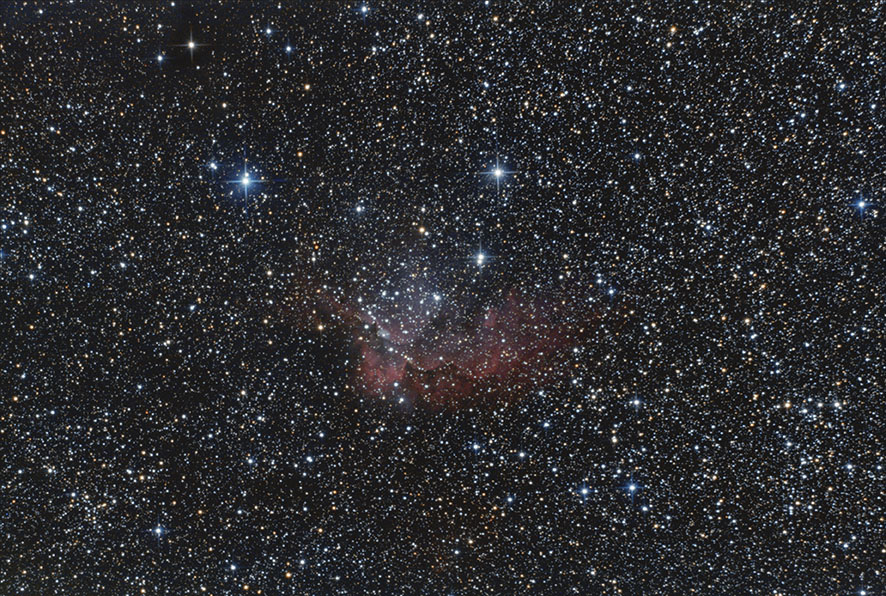

Caroline Herschel was a German-born British astronomer who was a pioneer in the field and is considered the first professional female astronomer. She was born in Hannover, Germany, in 1750, and moved to England with her family in 1772. She began assisting her brother, William Herschel, with his astronomical observations and eventually became an accomplished astronomer in her own right.
Caroline Herschel discovered eight comets, including the first periodic comet discovered by a woman. She also catalogued over 2,500 nebulae and star clusters. Her work was instrumental in the development of our understanding of the night sky.
Caroline Herschel was a pioneer in the field of astronomy, and her work helped to pave the way for other women in science. She was a tireless observer and cataloger of the night sky, and her discoveries made a significant contribution to our understanding of the universe.
Here are some of her most notable achievements:
Herschel was the first woman to discover a comet, and she also discovered over 800 nebulae and star clusters.

Caroline Herschel is a proper noun.
The word "Caroline Herschel" comes from the German language. The word "Caroline" is a German name that means "free woman". The word "Herschel" is a surname that is thought to be derived from the German word "herzog", which means "duke".
What is Caroline Herschel famous for?
Question:
Caroline Herschel was a German-born astronomer who made significant contributions to astronomy. What were some of her most notable discoveries?
Answer:
Caroline Herschel made a number of significant discoveries in astronomy, including:
The first eight comets were discovered by a woman: Caroline Herschel discovered eight comets between 1786 and 1797. The first comet she discovered was Comet C/1786 P1, which was also the first comet discovered by a woman.
The discovery of more than 2,500 nebulae: Caroline Herschel also discovered more than 2,500 nebulae, which are large clouds of gas and dust in space.
The revision of John Flamsteed's star catalogue: Caroline Herschel also revised and reorganized John Flamsteed's star catalogue, which was the first comprehensive catalogue of stars in the sky.
Caroline Herschel's work was groundbreaking for a woman in the 18th century. She was one of the first women to be paid for her astronomical work, and she was elected a member of the Royal Astronomical Society in 1828. Her work helped to pave the way for other women in astronomy.